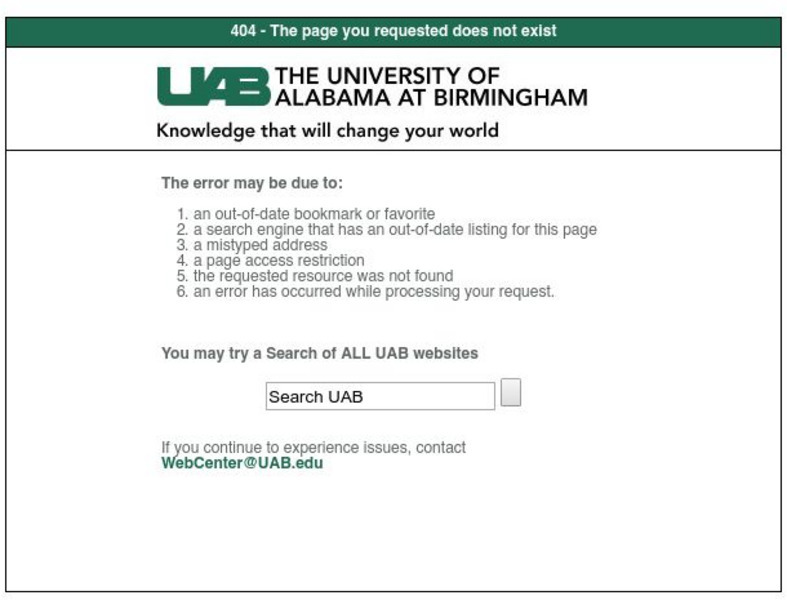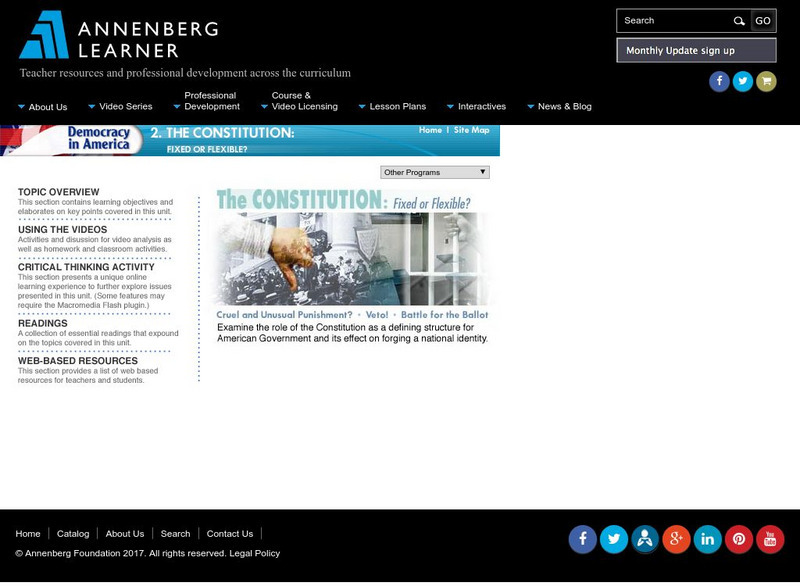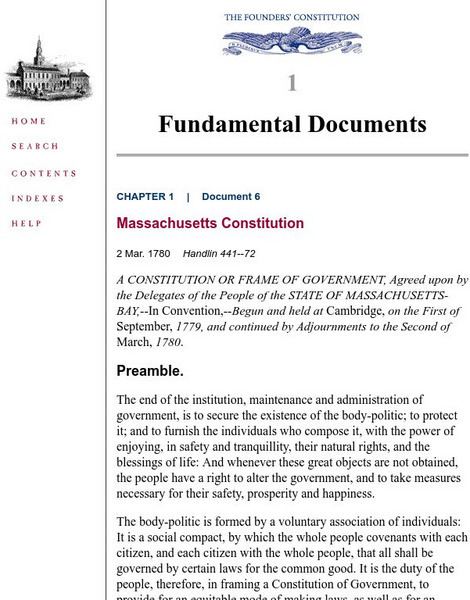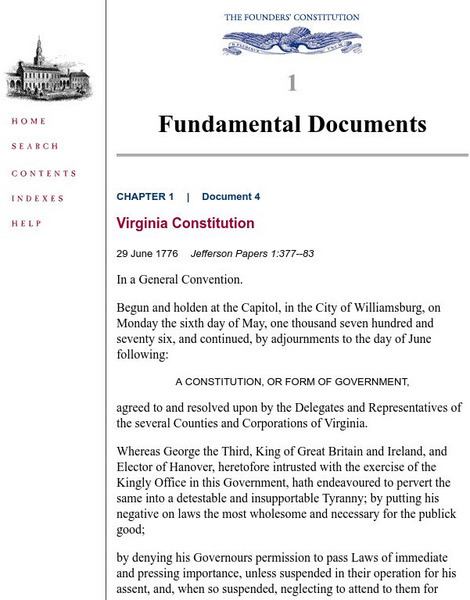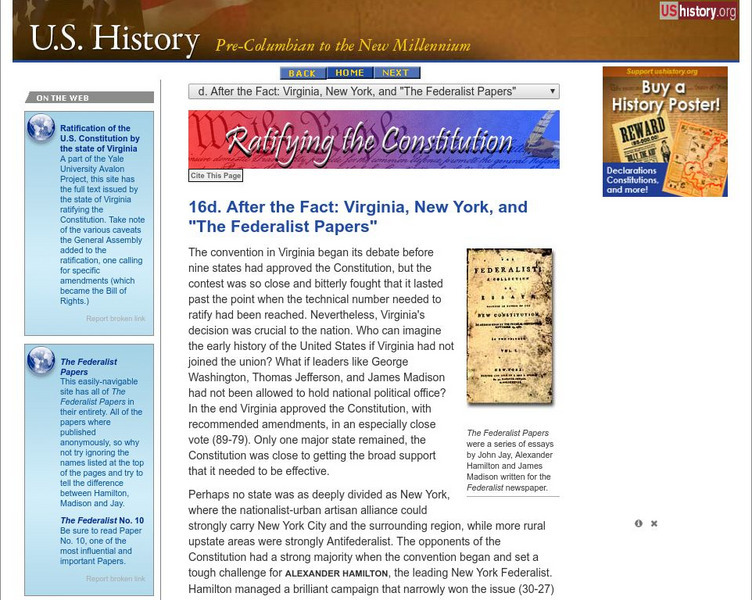Hi, what do you want to do?
Independence Hall Association
U.s. History: Malcolm X Amd the Nation of Islam
A brief biography of a leader for black power, Malcolm X. Read about his early life and conversion to the Nation of Islam. Find out what his goals were for blacks in America, and see how the means to the end was different from Martin...
Other
Bristol University: The Spirit of the Laws [Pdf]
This resource presents the complete text by the famous 18th century French economist (in English). In it, he advanced theories of democracy for the French monarchy. It is in PDF format and is a large file.
PBS
Pbs: The President's Cabinet: Choosing the Right Members (Lesson Plan)
A lesson that involves students in explaining the confirmation process of presidential appointees by testing the system of checks and balances and the separation of powers. The lesson also requires students to simulate the confirmation...
Indiana University
Center on Congress: Learn About Congress
Learn about the role of the US Congress, how it works, its history, and the principles behind its creation and operation. Wonderful set of resources including FAQs, short articles and video clips, "interactive learning modules" (i.e., a...
US National Archives
National Archives: The Constitution in Action: Article Ii
This activity can be used during a unit on the U.S. Constitution. Students will analyze the Senate Journal of the First Congress and identify how the document demonstrates content contained within Article II of the Constitution in...
University of Groningen
American History: Outlines: The Federal Court System
Discussion of the structure, purpose, powers and Constitutional safeguards of the Federal Court System.
Cato Institute
Executive Orders and National Emergencies
The subtitle of this essay is "How Presidents Have Come to 'Run the Country' by Usurping Legislative Power." It discusses how the Constitution defines executive powers in a general way, with few limitations on the power of the President...
Other
University of Alabama: Government
Overview in note form on social and political philosophy comparing Plato, Locke, and Hobbes. Scroll to "natural rights" which the author discusses in context for understanding the political and social philosophies of these political...
Annenberg Foundation
Annenberg Learner: Democracy in America: The Constitution: Fixed or Flexible?
This unit explores the timeless qualities of The U.S. Constitution, the opportunities to amend it, and how it is a pillar of the American identity, through these activities, videos, and outside resources.
Utah Education Network
Uen: Themepark: Liberty: Three Branches of Government
Find a large collection of internet resources organized around the three branches of government. Links to places to go, people to see, things to do, teacher resources, and bibliographies.
University of Chicago
The Founders' Constitution: Massachusetts Constitution: 2 March 1780
The complete, original text of the Massachusetts State Constitution as adopted in March, 1780.
University of Chicago
The Founders' Constitution: Virginia Constitution: 29 June 1776
The complete original text of the revolutionary state constitution of Virginia adopted in June 1776.
The White House
The White House: Our Government
Overviews of the major elements of U.S. government, compiled and published by the White House: three branches of the federal government (executive, legislative, judicial), the Constitution, federal agencies and commissions, elections and...
CPALMS
Florida State University Cpalms: Florida Students: Enlightenment Ideas and the Founding Fathers
A tutorial that looks at the ideas from the Enlightenment that influenced the Founding Fathers, particularly those of John Locke and Montesquieu. A PDF file of the tutorial is available.
Bill of Rights Institute
Bill of Rights Institute: The Federal Budget and the Constitution
What responsibilities belong to the U.S. President and the Congressional houses when it comes to establishing the federal budget? Take a look at these resources and incorporate this lesson into classroom learning.
Thomson Reuters
Find Law: Article Ii: Presidential Power to Use Troops
In-depth analysis of the use of presidential power to send troops abroad without consent of Congress.
Bill of Rights Institute
Bill of Rights Institute: Founders Quotes
Liberty must at all hazards be supported. We have a right to it, derived from our Maker. But if we had not, our fathers have earned and bought it for us, at the expense of their ease, their estates, their pleasure, and their blood. -...
US Government Publishing Office
Ben's Guide to u.s. Government: Branches of Government
Ben's Guide is a fun way to present US laws to students grades K-12. This site presents a brief history of the branches of Government. Links to related sites are available.
Bill of Rights Institute
Bill of Rights Institute: Founding Principles
Below, you will find suggested definitions of each principle. Click here to read the words of James Madison, a primary contributor to the Constitution, and other Founders on these principles.
Digital History
Digital History: The New Deal in Decline
The Supreme Court, in 1935 and 1936, found unconstitutional several programs that were the backbone of the New Deal. See how President Roosevelt tried to deal with these setbacks, and the results both for him personally and for the law.
Independence Hall Association
U.s. History: After the Fact: Virginia, New Yok, and "The Federalist Papers"
Read about the necessity for Virginia and New York to support the ratification of the Constitution. See what influenced the vote in Virginia and how the legislature of New York was finally convinced.
iCivics
I Civics: Constitution Day Lesson Plan
This interactive lesson gives students a quick snapshot of the Constitution, including the purpose of each article, the powers of the three branches, how a bill becomes a law, and the concepts of separation of powers and checks and...
Other
A Republic, if You Can Keep It
An essay by U.S. Congressional Representative Ron Paul of Texas on the state of the American republic delivered at the dawn of the twenty-first century. He argues for the strong separation of powers among the three branches of government...
Energy4Me
Energy4me: Tower of Power
Students will learn that heat is needed to separate crude oil/petroleum into useable substances to make the products we use every day.










